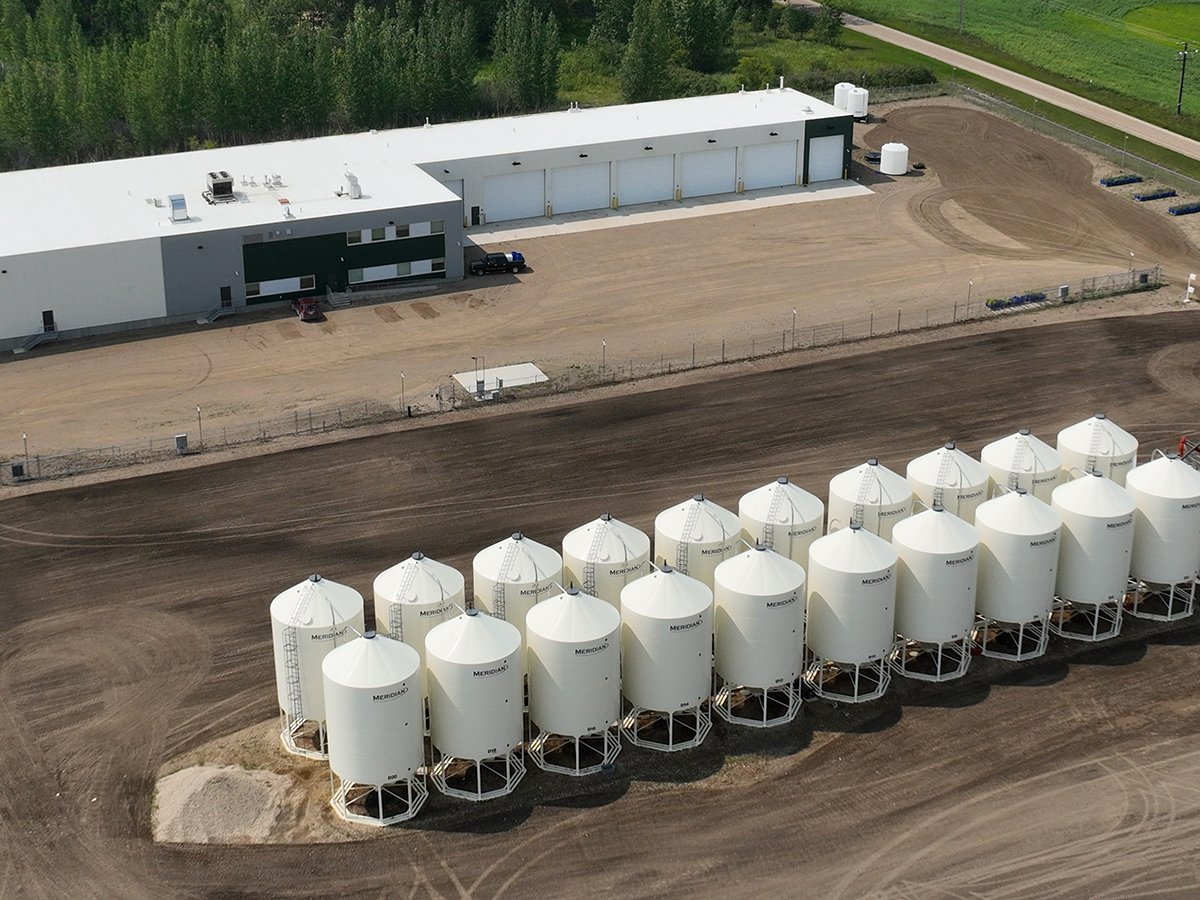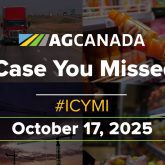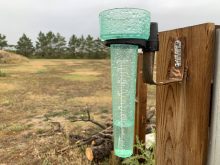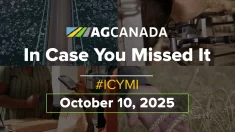Potato growers in Alberta might soon feel mashed if the American and Mexican borders aren’t reopened.
Alberta seed potato growers have been unable to export potatoes to the United States and Mexico after golden nematode was discovered in two Alberta fields in October.
Officials from the Canadian Food Inspection Agency and U.S. Department of Agriculture, the two agencies charged with looking into the case, were to meet in Washington last week, but no quick resolution is expected.
“So far we are not able to move our potatoes to our customers in California and Florida,” said Russ Van Boom, a grower near Fort Saskatchewan, Alta.
Read Also

Saskatchewan firm aims to fix soil with compost pellets
In his business, Humaterra, Leon Pratchler is helping farmers maximize yields in the weakest areas of their fields through the use of a compost pellet.
Van Boom said they have missed the California and Florida potato planting season and will soon miss the Mexican, Washington and Oregon season if the borders don’t reopen soon.
About half their farm’s potatoes are shipped out of Canada.
The nematode was detected on two Alberta farms during routine surveillance. Two samples, one from each farm, showed a trace of nematode. The first farm had one positive sample out of 284 and the second had one out of 143.
CFIA placed the two farms under quarantine and began further tests. Results were negative and no nematodes were detected in a further 601 tests.
Nematodes can reduce crop production by 80 percent but are not harmful to humans and don’t affect the potatoes.
Vern Warkentin, executive director of Potato Growers of Alberta, said American officials want the CFIA to provide more information about where seed from the two farms has moved in Alberta and other parts of Canada to do a proper risk assessment. American officials also want CFIA to do more testing to determine where the nematode originated.
“The feeling is that the two finds are subsidiary ones and not the origins because they are so light,” said Warkentin.
Mexico originally said it would reopen its border to Alberta seed potatoes, but has not done so yet.
Terry Petrow, CFIA’s western area program specialist with seed potatoes, said discussions between officials are still taking place, but the frozen Alberta fields make it impossible to do more tests until spring.
“Any further sampling will happen in the spring,” said Petrow.
Testing will continue on samples taken earlier from Alberta fields. Through a previous agreement Alberta growers wanting to ship potatoes to Mexico need to send soil and tuber samples to Mexico for testing and approval for shipment. Of the 18,775 samples sent to Mexico, no potato cyst nematodes were detected.
Alberta has about 60 seed potato growers who produce about 115,000 tonnes of seed potatoes yearly. About half are exported.
Japp Huininga of Northern Konstar Seed Potatoes of Outlook, Sask., said he was able to ship more seed potatoes to Mexico through his Alberta broker.
“His supply was over and now it’s short,” said Huininga. “There’s a bit more opportunity there.”
Ward McNichol of McNichol Brokers said both buyers and sellers are waiting until after Christmas to see if markets and prices change because of the closed Alberta border.
“There’s lots of dithering going on,” said McNichol.
Potato planting doesn’t begin in Washington and Oregon until April so those states can afford to wait a few weeks longer before finding new suppliers, he said.














